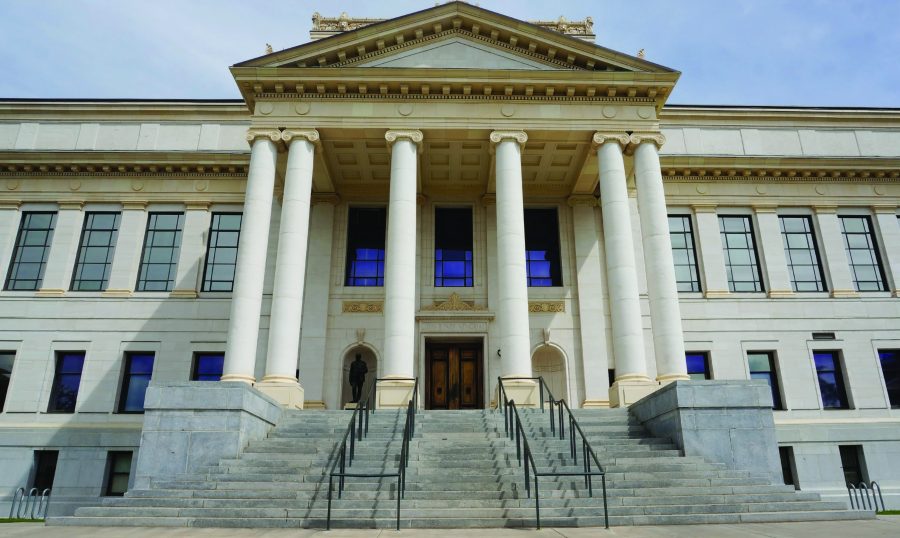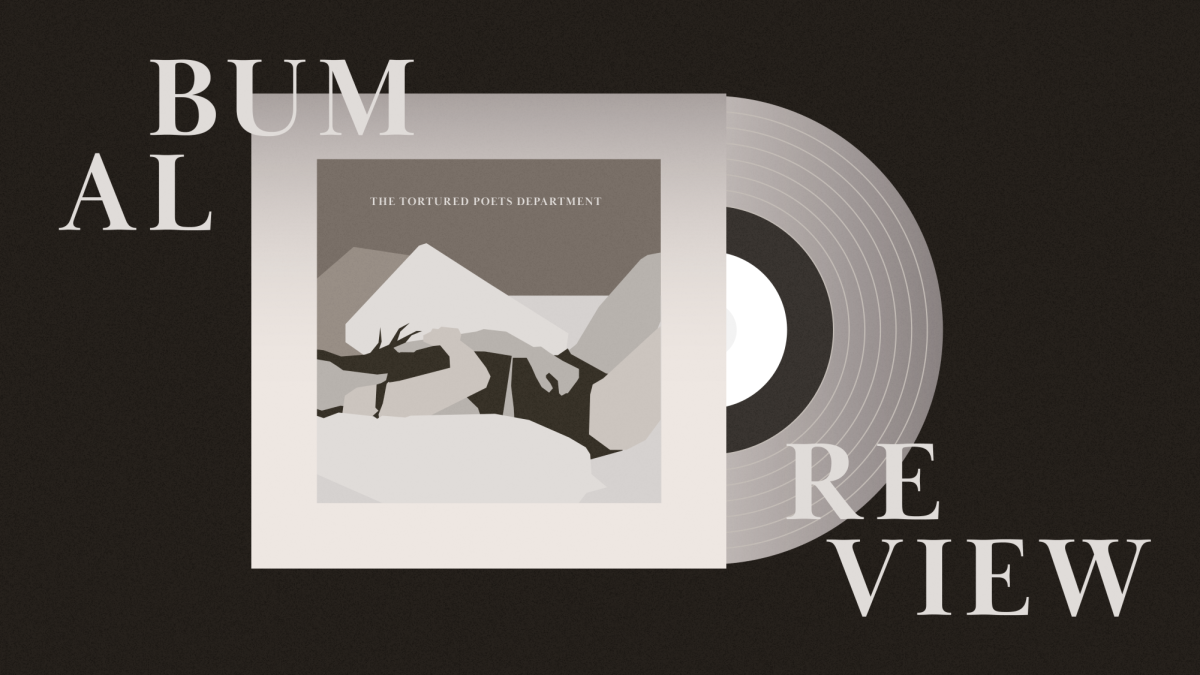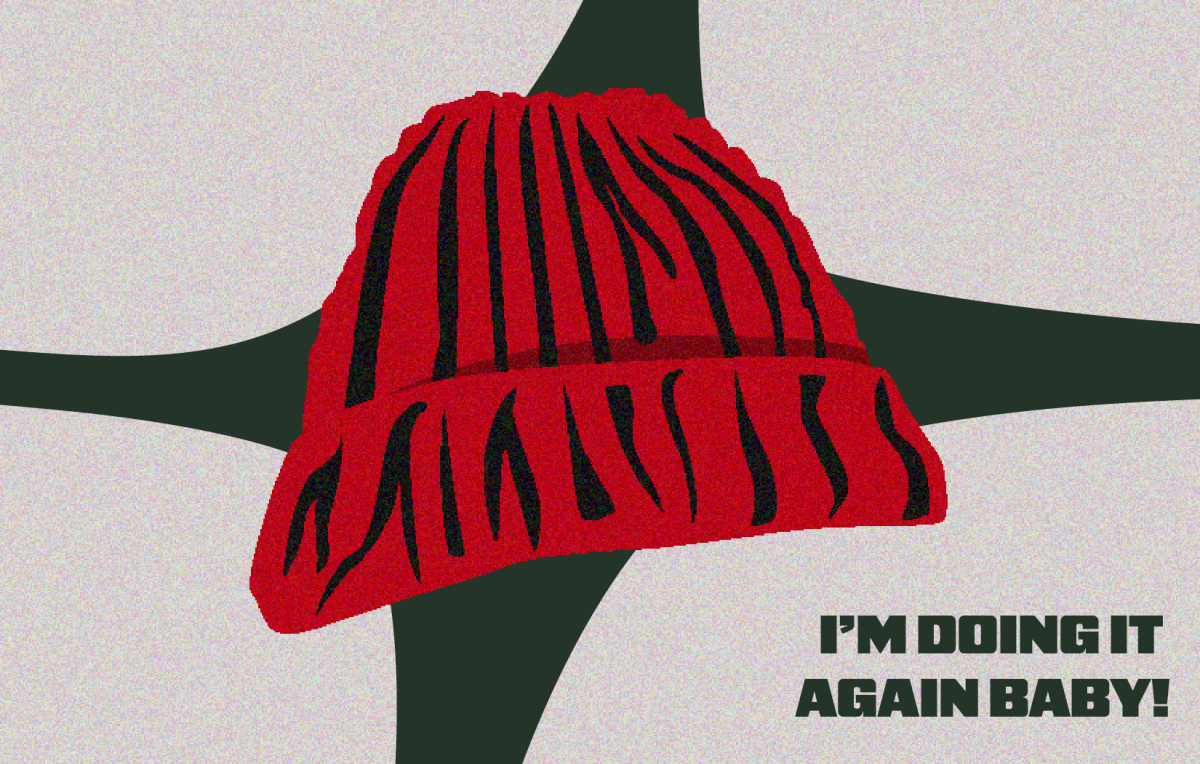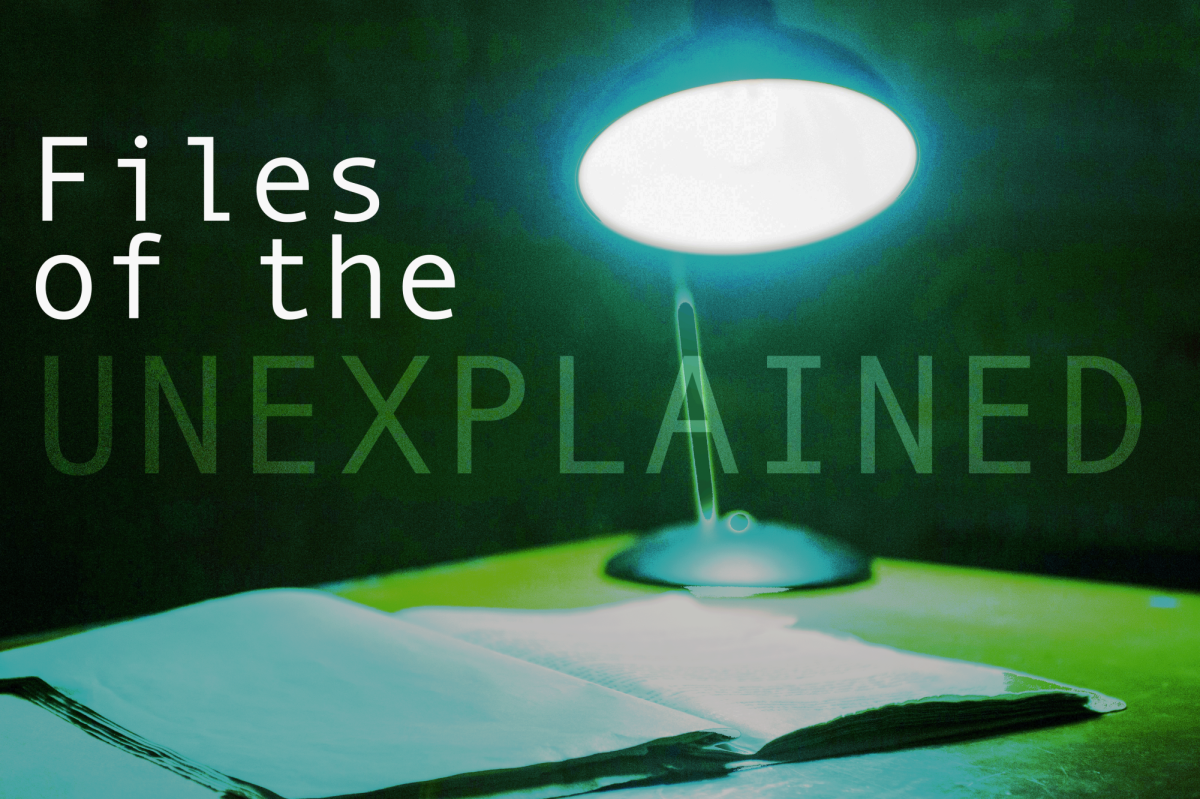Gholami: Higher Education Still Has Much to Do in Addressing Racism
June 21, 2020
Universities are typically thought of as bastions of progressive enlightenment where thinkers come together to make society better. Many people wouldn’t think that racist and bigoted rhetoric could originate from the ivory towers of academia, but I encountered many such topics in my time on a college campus. Too often, I have seen anti-black propaganda and white nationalist advertising spring up at this university. These posters serve as a cautionary reminder that the mythical fortress of “wokeness” in higher education is not always so inclusive toward marginalized students after all.
I have been fortunate to learn many lessons on diversity, equity and inclusion through my coursework, community involvement and my own lived experience. However, I have also learned that academia is not the perfect antidote to adopting an anti-racist ideology. My learning about race at college has been largely dependent on my professors’ willingness to expose the racist past of their respective disciplines and the university leadership’s willingness to address racial inequity in the student body. To advance our understanding of the complex experiences of marginalized students, institutions must rapidly address their fear of their own diverse populations to better reflect their students and provide racially-just education to all.
Racism in Higher Education
When universities finally decide to engage with their marginalized students after complaints of inequality, they do so in comically insincere ways. While simultaneously failing to address the damaging effects of overt and covert forms of racism on campus, they will host a one-off event during Black History month and showcase a rare student of color all over their marketing brochures. Institutions of higher education have a lengthy past of perpetuating racism from faculty and students alike, and universities in Utah are no exception.
One may assume that academics in the department of Anthropology, dedicated to the study of human civilization, evolution and their ethos, would be more sensitive to topics of race and culture. Yet, the late Henry Harpending, an anthropology professor at the University of Utah, “once proposed concentration camps as part of a solution to deal with illegal immigration.” Scott Senjo, a Weber State criminal justice professor, was recently in the news because of his tweets inciting violence and racism towards Black Lives Matter protesters.
It’s no wonder we have campuses that tolerate hate and make students of color feel unsafe when faculty members like these are hired. In 2017, a Malaysian graduate student at Utah State university died by suicide after citing accounts of incessant and racist bullying from her classmates and inaction to remedy it by her department. In one essay she wrote for an assignment about her encounters with racism in graduate school, she said she could always “put a nice suit on, but can never take [her] skin off.”
Universities have made strides up until this point to promote inclusivity. Nearly every institution has updated its strategic plan to increase diverse student enrollment and faculty hiring. I have had my fair share of diversity education and even as a person of color, I learned a lot. Through internships and community engagement, I spent much of my time learning about different populations outside of the classroom. This had a great impact in shaping my career interests and promoting personal growth.
Luckily, I chose a major which allowed me the freedom to take classes in a variety of departments that explored issues of race and equity. This fact made it much easier for me to examine topics of social justice as it related to gender, statistics, healthcare and economics — giving me a complex understanding of race relations as it pertains to a variety of disciplines. Unfortunately, for students who choose a more structured major that doesn’t allow for much exploration, it becomes increasingly difficult for them to go out of their way to develop a robust social justice education.
Rethinking Higher Education
Every day, we see people in the streets protesting for a change. Educators are grappling with how they may provide supplemental classes to help students contextualize our current racial divide and America’s history of institutionalized racism. How can we construct higher education to better reflect America’s racial makeup and equip college students with a robust anti-racist education? For one thing, relying on campaigns to raise awareness and forming toothless task forces will be a piecemeal remedy at best.
The responsibility falls on the shoulders of our institutions — a top-down approach. Dialogue isn’t enough. We need to change the way we think about teaching racial justice at universities. No longer should it be acceptable to offer a post hoc lesson plan or course that touches briefly on race. Instead, our curriculum needs to be fully integrated to address the painful past each discipline has had with discrimination and actively train students on how not to perpetuate this cycle post-graduation. Another idea would bring together the institution and the student to engage in experiential learning with other communities for credit, through service-learning or community involvement. Most majors on campus allow for community-engaged learning options for students, but many courses in STEM disciplines lack education in their field’s historical racial biases like the humanities and social sciences.
My faith in creating a more inclusive and equitable environment in academia waxes and wanes depending on the news cycle — I want to feel hopeful that people are vying for change more than they are fearful of admitting past wrongdoings. Academia, I want to be proven wrong. But without integrating diverse subject matter within the degree structure itself, we will never be able to acknowledge the abhorrent past universities have with racism.








